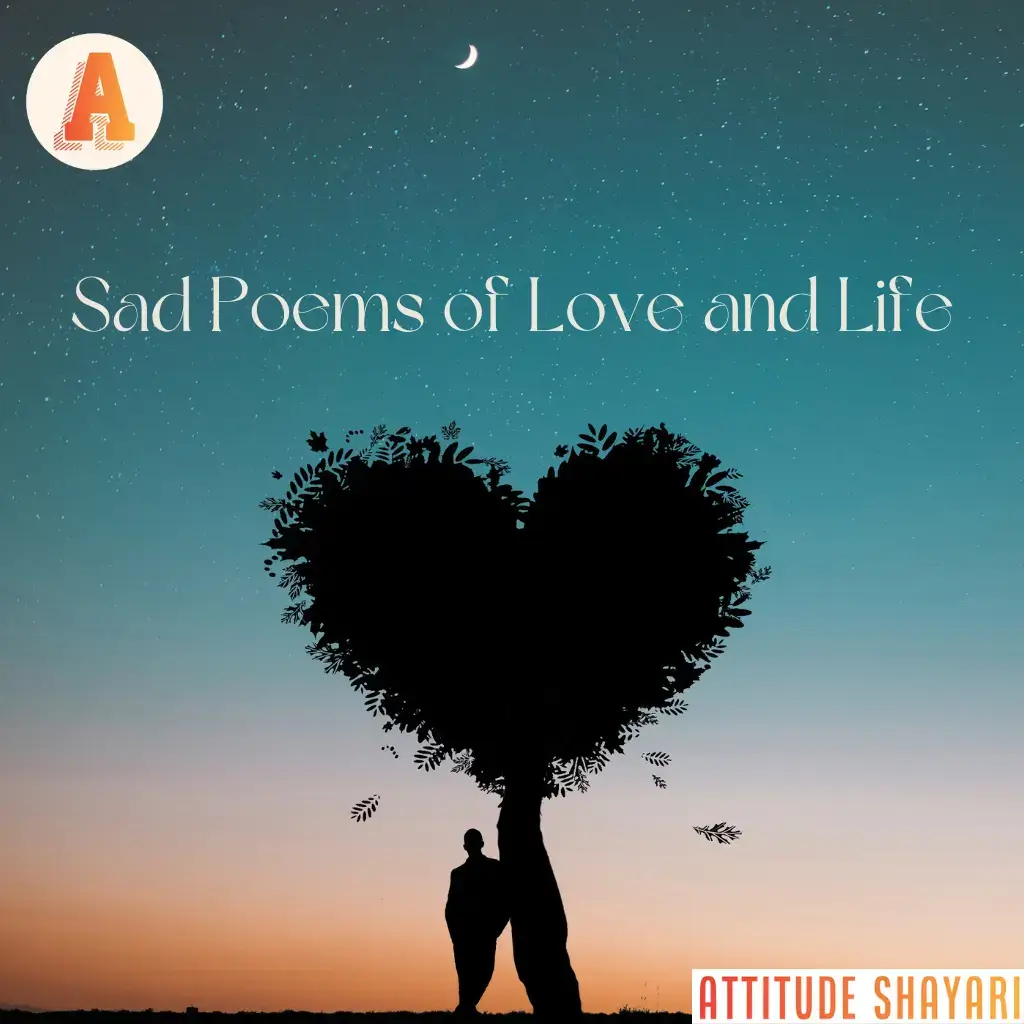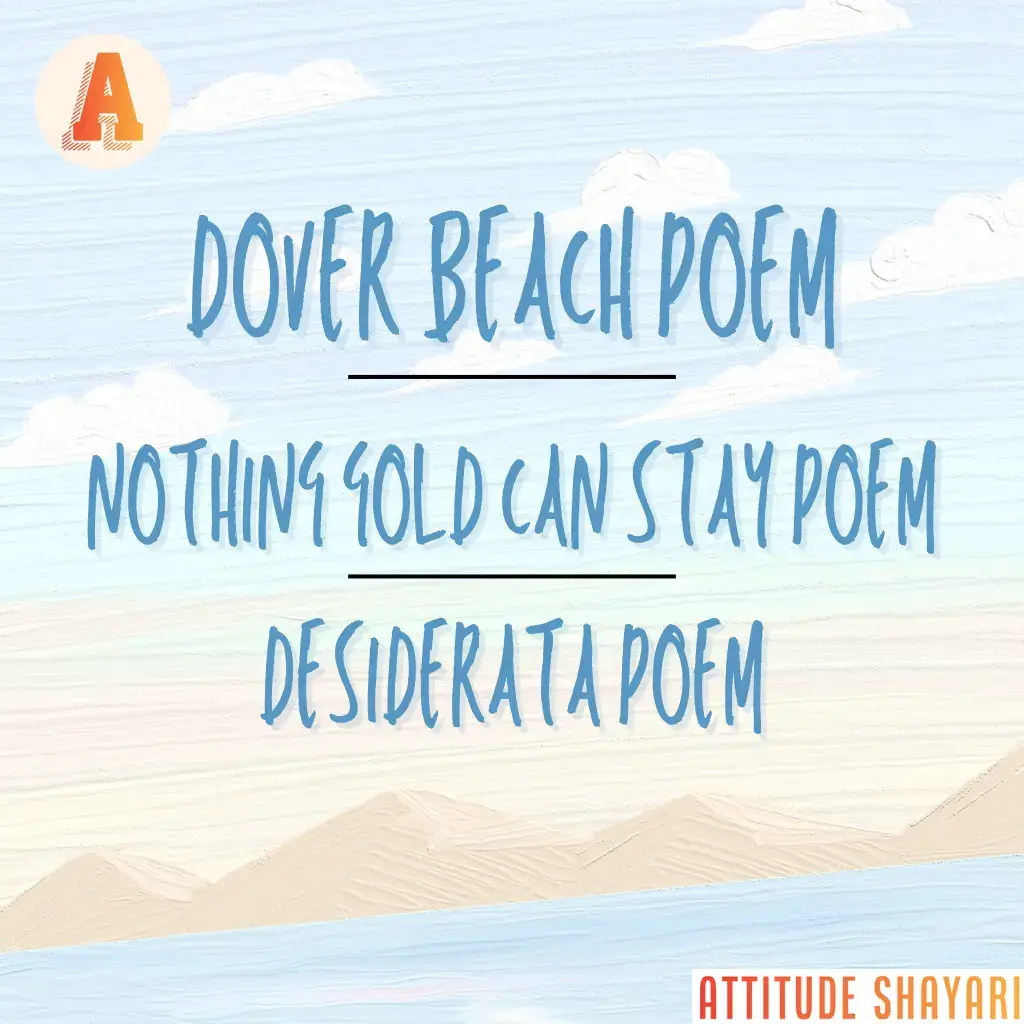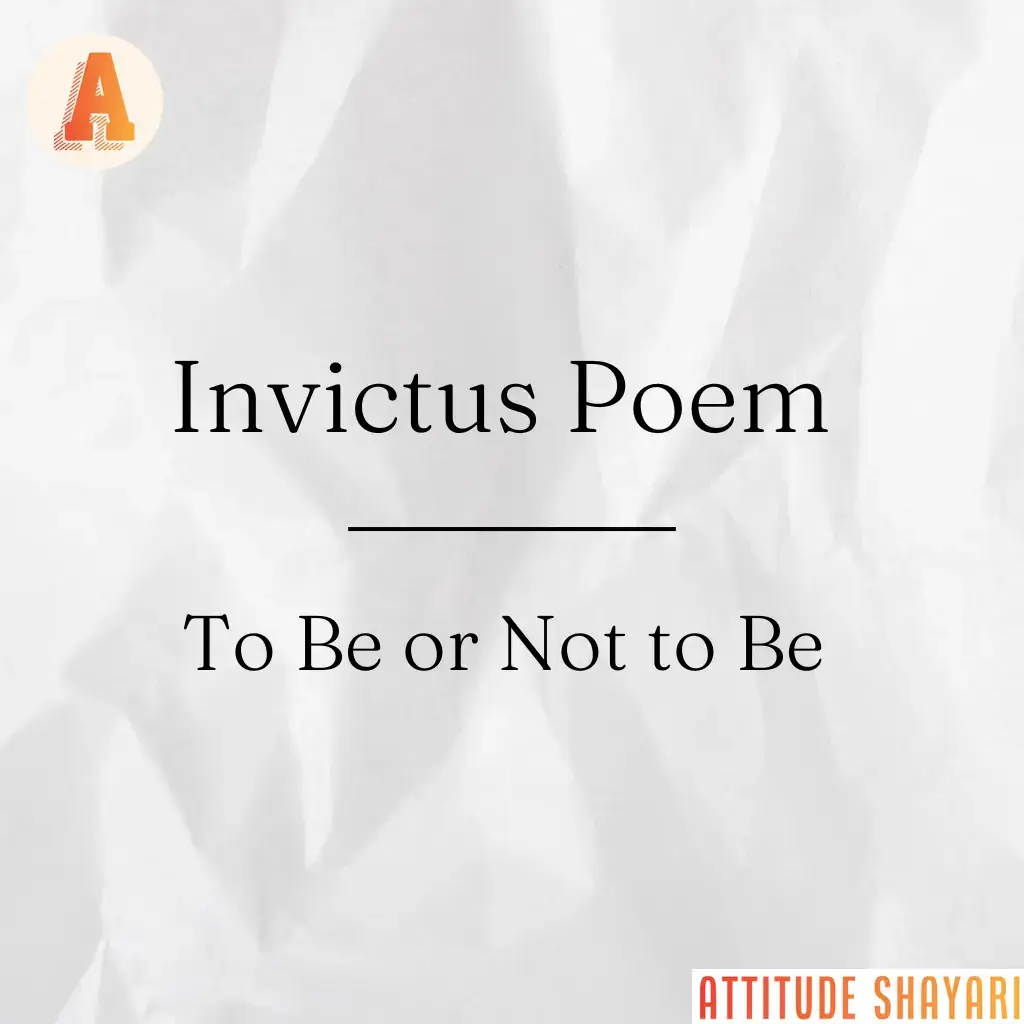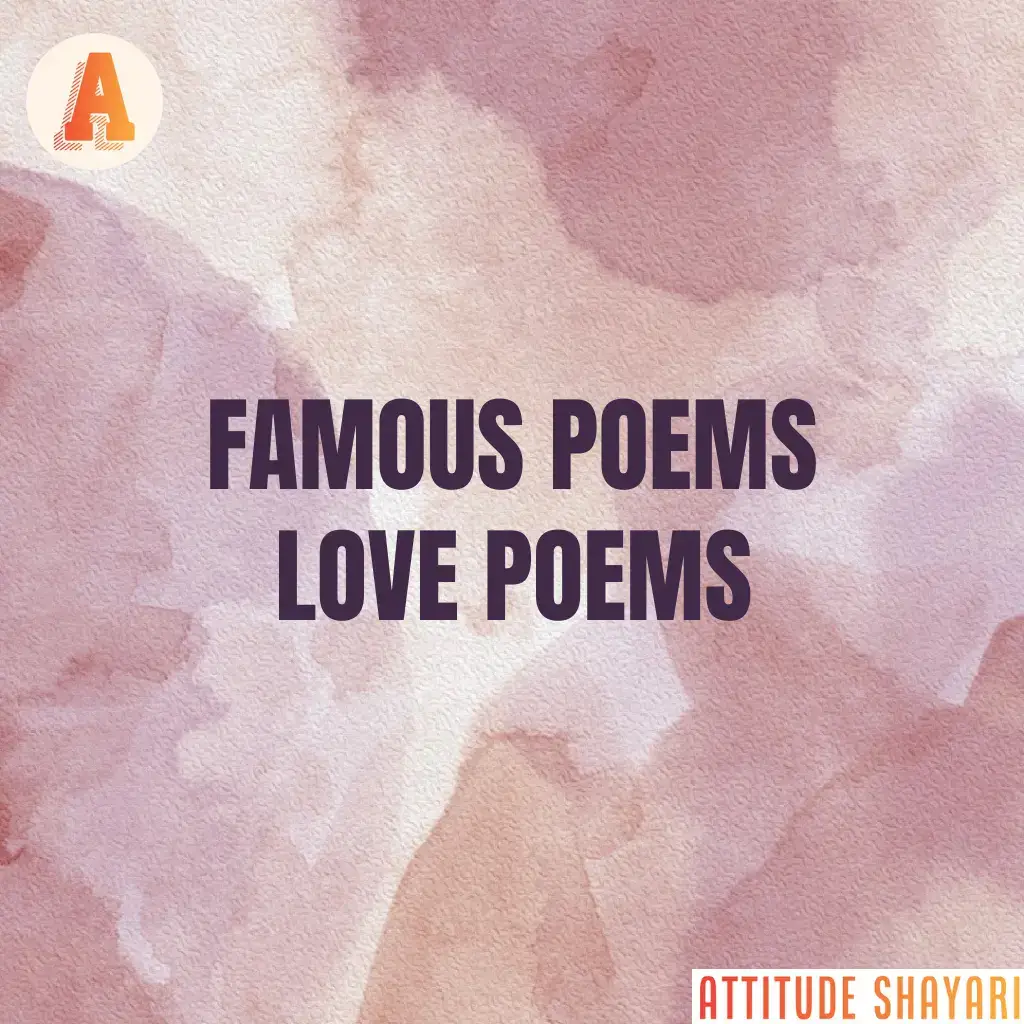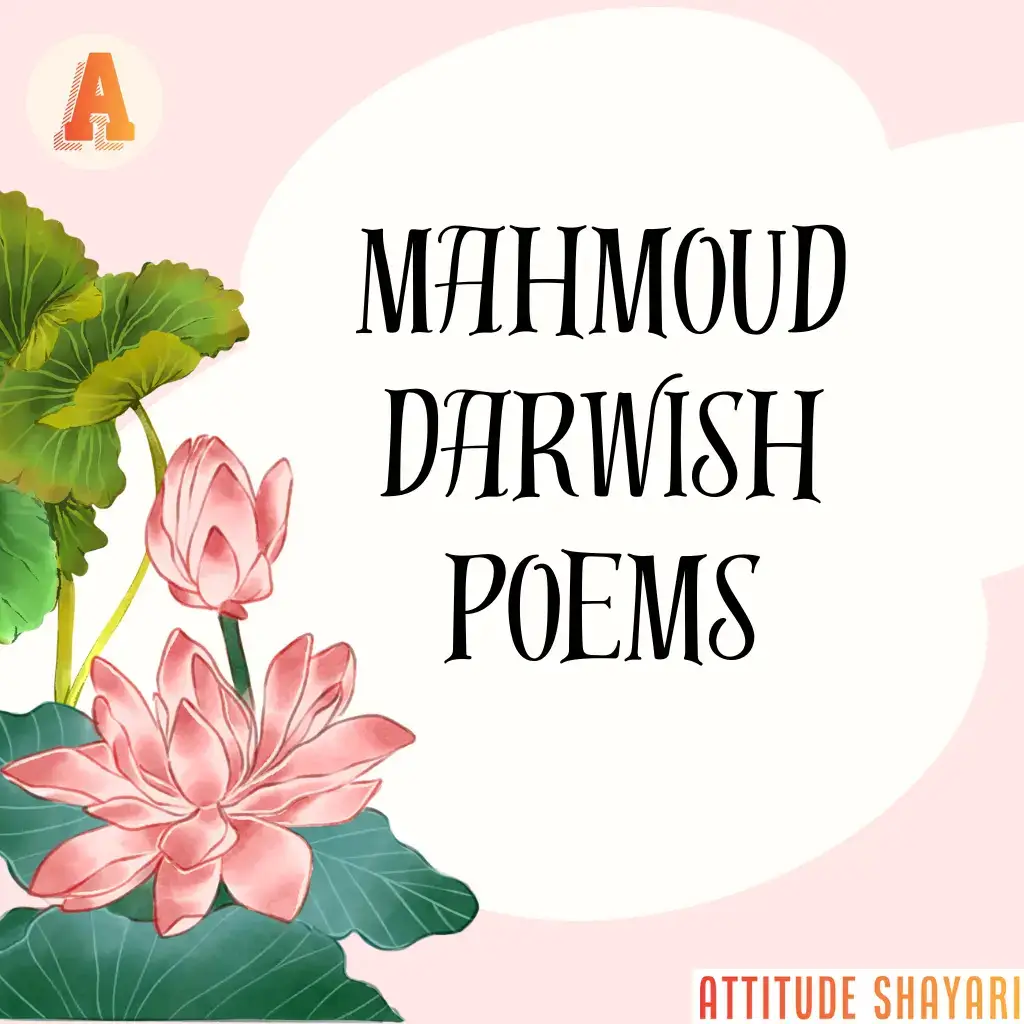
Mahmoud Darwish Poems are filled with emotions, talking about exile, loss and the deep love he had for his country. He was a powerful poet who was known for writing about his homeland and the struggles his people faced. Through his powerful words, he showed the pain of the displacement and the longing for a place to call home. His poems also carried a message of hope, and the strength of the human spirit in the difficult times.
Poems about ‘where I am from’ are deeply personal and are reflecting with the poet’s connection to their roots, culture, and memories of home. These poems describe the places, people and the experiences that has shaped the poet’s identity. They talk about a specific place like a childhood town, or about the old traditions and stories which has passed down through the generations. These poems give a sense of pride which remind us that where we come from the plays and important role in who we are today. These words invite the readers to reflect on their own backgrounds and the unique stories that make them who they are.
Mahmoud Darwish Poems
[quote]I come from there and I have memoriesBorn as mortals are, I have a mother
And a house with many windows,
I have brothers, friends,
And a prison cell with a cold window.
Mine is the wave, snatched by sea-gulls,
I have my own view,
And an extra blade of grass.
Mine is the moon at the far edge of the words,
And the bounty of birds,
And the immortal olive tree.
I walked this land before the swords
Turned its living body into a laden table.
I come from there. I render the sky unto her mother
When the sky weeps for her mother.
And I weep to make myself known
To a returning cloud.
I learnt all the words worthy of the court of blood
So that I could break the rule.
I learnt all the words and broke them up
To make a single word: Homeland[/quote]
[quote] They did not recognize me in the shadows
That suck away my color in this Passport
And to them my wound was an exhibit
For a tourist Who loves to collect photographs
They did not recognize me,
Ah… Don’t leave
The palm of my hand without the sun
Because the trees recognize me
Don’t leave me pale like the moon!All the birds that followed my palm
To the door of the distant airport
All the wheatfields
All the prisons
All the white tombstones
All the barbed Boundaries
All the waving handkerchiefs
All the eyes
were with me,
But they dropped them from my passport[/quote]
[quote]Your eyes are a thorn in my heart
Inflicting pain, yet I cherish that thorn
And shield it from the wind.
I sheathe it in my flesh, I sheathe it, protecting it from night and agony,
And its wound lights the lanterns,
Its tomorrow makes my present
Dearer to me than my soul.
And soon I forget, as eye meets eye,
That once, behind the doors, there were two of us.Your words were a song
And I tried to sing, too,
But agony encircled the lips of spring.
And like the swallow, your words took wing,
The door of our home and the autumnal threshold migrated,
To follow you wherever led by longing
Our mirrors were shattered,
And sorrow was multiplied a thousand fold.
And we gathered the splinters of sound,
Mastering only the elegy of our homeland!
Together were will plant it in the heart of a lyre,
And on the rooftops of our tragedy we’ll play it
To mutilated moons and to stones.
But I have forgotten, you of the unknown voice:
Was it your departure that rushed the lyre or was it my silence?[/quote]
[quote] Write down !
I am an Arab
And my identity card number is fifty thousand
I have eight children
And the ninth will come after a summer
Will you be angry?
.
Write down!
I am an Arab
Employed with fellow workers at a quarry
I have eight children
I get them bread
Garments and books
from the rocks..
I do not supplicate charity at your doors
Nor do I belittle myself at the footsteps of your chamber
So will you be angry?[/quote] [quote]On the day when my words
were earth…
I was a friend to stalks of wheat.
On the day when my words
were wrath
I was a friend to chains.
On the day when my words
were stones
I was a friend to streams.
On the day when my words
were a rebellion
I was a friend to earthquakes.
On the day when my words
were bitter apples
I was a friend to the optimist.
But when my words became
honey…
flies covered
my lips! …[/quote]
Read More: Simple and Short Poems About Life and Family
Poems About Where I Am From
[quote] I am from clothespins,from Clorox and carbon-tetrachloride.
I am from the dirt under the back porch.
(Black, glistening,
it tasted like beets.)
I am from the forsythia bush
the Dutch elm
whose long-gone limbs I remember
as if they were my own.[/quote] [quote] I’m from fudge and eyeglasses,
from Imogene and Alafair.
I’m from the know-it-alls
and the pass-it-ons,
from Perk up! and Pipe down!
I’m from He restoreth my soul
with a cottonball lamb
and ten verses I can say myself.[/quote] [quote]I’m from Artemus and Billie’s Branch,
fried corn and strong coffee.
From the finger my grandfather lost
to the auger,
the eye my father shut to keep his sight.
Under my bed was a dress box
spilling old pictures,
a sift of lost faces
to drift beneath my dreams.
I am from those moments–
snapped before I budded —
leaf-fall from the family tree.[/quote]
Read More: The Lady of Shalott and The Bells Poems
Dylan Thomas Poem Fern Hill
[quote] Now as I was young and easy under the apple boughsAbout the lilting house and happy as the grass was green,
The night above the dingle starry,
Time let me hail and climb
Golden in the heydays of his eyes,
And honoured among wagons I was prince of the apple towns
And once below a time I lordly had the trees and leaves
Trail with daisies and barley
Down the rivers of the windfall light.[/quote] [quote] And as I was green and carefree, famous among the barns
About the happy yard and singing as the farm was home,
In the sun that is young once only,
Time let me play and be
Golden in the mercy of his means,
And green and golden I was huntsman and herdsman, the calves
Sang to my horn, the foxes on the hills barked clear and cold,
And the sabbath rang slowly
In the pebbles of the holy streams.[/quote] [quote]All the sun long it was running, it was lovely, the hay
Fields high as the house, the tunes from the chimneys, it was air
And playing, lovely and watery
And fire green as grass.
And nightly under the simple stars
As I rode to sleep the owls were bearing the farm away,
All the moon long I heard, blessed among stables, the nightjars
Flying with the ricks, and the horses
Flashing into the dark. [/quote] [quote] And then to awake, and the farm, like a wanderer white
With the dew, come back, the cock on his shoulder: it was all
Shining, it was Adam and maiden,
The sky gathered again
And the sun grew round that very day.
So it must have been after the birth of the simple light
In the first, spinning place, the spellbound horses walking warm
Out of the whinnying green stable
On to the fields of praise.[/quote] [quote]And honoured among foxes and pheasants by the gay house
Under the new made clouds and happy as the heart was long,
In the sun born over and over,
I ran my heedless ways,
My wishes raced through the house high hay
And nothing I cared, at my sky blue trades, that time allows
In all his tuneful turning so few and such morning songs
Before the children green and golden
Follow him out of grace, [/quote]
Read More: Emotional Love Sad Poetry in English
Dylan Thomas Poems About Wales
[quote]My tears are like the quiet driftOf petals from some magic rose;
And all my grief flows from the rift
Of unremembered skies and snows.
I think, that if I touched the earth,
It would crumble;
It is so sad and beautiful,
So tremulously like a dream.[/quote]
[quote] Never until the mankind making
Bird beast and flower
Fathering and all humbling darkness
Tells with silence the last light breaking
And the still hour
Is come of the sea tumbling in harness
And I must enter again the round
Zion of the water bead
And the synagogue of the ear of corn
Shall I let pray the shadow of a sound
Or sow my salt seed
In the least valley of sackcloth to mourn[/quote]
[quote]The majesty and burning of the child’s death.
I shall not murder
The mankind of her going with a grave truth
Nor blaspheme down the stations of the breath
With any further
Elegy of innocence and youth.
Deep with the first dead lies London’s daughter,
Robed in the long friends,
The grains beyond age, the dark veins of her mother,
Secret by the unmourning water
Of the riding Thames.
After the first death, there is no other.[/quote]
[quote] Especially when the October wind
With frosty fingers punishes my hair,
Caught by the crabbing sun I walk on fire
And cast a shadow crab upon the land,
By the sea’s side, hearing the noise of birds,
Hearing the raven cough in winter sticks,
My busy heart who shudders as she talks
Sheds the syllabic blood and drains her words.[/quote]
[quote]Shut, too, in a tower of words, I mark
On the horizon walking like the trees
The wordy shapes of women, and the rows
Of the star-gestured children in the park.
Some let me make you of the vowelled beeches,
Some of the oaken voices, from the roots
Of many a thorny shire tell you notes,
Some let me make you of the water’s speeches. [/quote]
Read More: Invictus Poem
